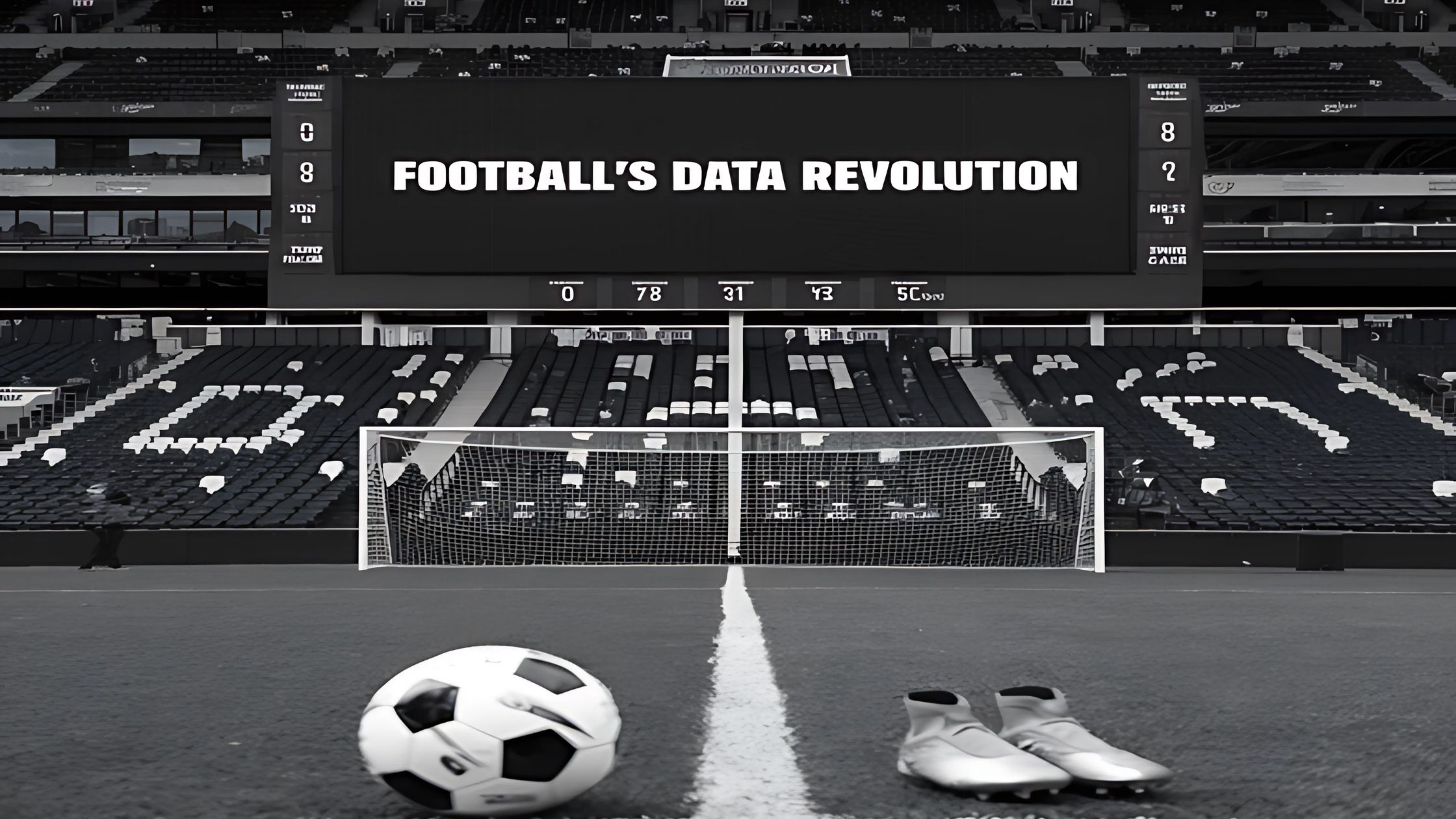Football, often defined by instinct, passion, and tradition, is undergoing a significant transformation. Data-driven strategies, inspired by the Money ball revolution in baseball, are reshaping how teams are formed and games are played. Originating with the Oakland Athletics in the early 2000s, the Money ball philosophy emphasizes the use of advanced statistical analysis to identify undervalued players and make informed decisions regarding team structure and tactics. Once viewed as unconventional, this approach has gained widespread adoption in football, ushering in an era of tactical innovation and increased competitive parity.
How Data-Driven Approaches Are Transforming Football
- Player Recruitment and Evaluation: Traditional scouting often depended on subjective evaluations of talent. Money ball tactics, however, rely on objective metrics such as pass completion rates, tackle success, and expected goals (xG) to assess a player’s true worth. These data-centric methods helps uncover players who may be overlooked by traditional scouts but possess unique skills that can elevate a team’s performance.
- Tactical Decision-Making: Data analysis offers valuable insights into a team’s strengths and weaknesses, enabling managers to make better decisions about formations, player positioning, and in-game tactics. For instance, analyzing passing patterns can uncover optimal passing lanes, while tracking player movements can reveal defensive gaps.
- Transfer Market Strategy: Money ball principles are also applied to the transfer market, helping teams identify undervalued players and secure better deals. By comparing a player’s performance data with their market value, teams can make more informed decisions and avoid overpaying for players.
Examples of Success in Football’s Money ball Approach
- Southampton: A pioneer in data-driven recruitment, Southampton has consistently over performed, selling players for substantial profits while maintaining a competitive squad. Their focus on discovering young, high-potential players has delivered impressive results.
- Brighton & Hove Albion: Like Southampton, Brighton has embraced a data-driven approach to recruitment and player development, earning a reputation for progressive methods in the Premier League. Their success in nurturing young talent is a testament to their innovative strategy.
- RB Leipzig: This German club has utilized data analysis to build a competitive team on a modest budget. Their emphasis on identifying and developing young players with specific skills has positioned them as leaders in German football.
Challenges of Data-Driven Tactics
While data-driven strategies have numerous advantages, there are also potential downsides:
- Over-reliance on Data: Excessive focus on statistics may lead to an overly analytical approach that overlooks intangible factors like team chemistry, player motivation, and tactical flexibility.
- Data Limitations: The effectiveness of data analysis hinges on the quality and completeness of the data. Inaccurate or incomplete data can lead to flawed decisions and misguided conclusions.
- The “Money ball” Stigma: Some critics argue that a purely data-driven approach may sacrifice the aesthetic appeal of football, prioritizing efficiency over entertainment.
Conclusion
The Money ball revolution in football is still evolving, but its influence is unmistakable. As data collection and analysis techniques continue to advance, we can expect more innovative and data-centric approaches to the game. Despite some challenges, the integration of these strategies promises a more informed, competitive, and exciting future for football.




